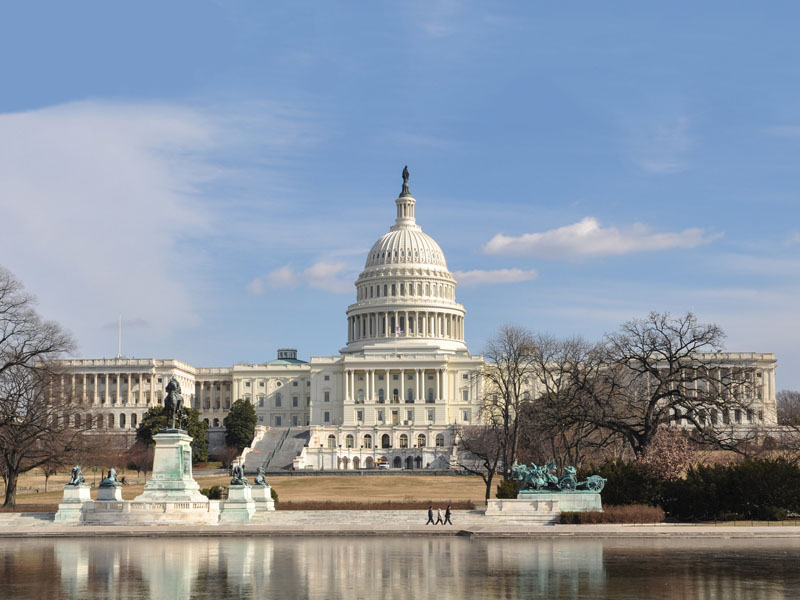AAFP Speaks Up Again for International Medical Graduates
Congressional Testimony Pushes for Bill to Boost, Diversify Primary Care Workforce
February 28, 2022, 2:41 p.m. News Staff — The Academy voiced strong support for international medical graduates in congressional testimony this month and again called for passage of legislation that would bolster the family physician workforce.

“With communities across the country facing physician shortages, the Conrad 30 waiver program ensures that physicians who are often educated and trained in the U.S. can continue to provide care for patients during the COVID-19 crisis and beyond,” the AAFP told lawmakers in written testimony. “We urge Congress to pass the Conrad State 30 and Physician Access Act (H.R. 3541/S. 1810) to provide needed stability for the Conrad 30 waiver program.”
The Academy sent its testimony to the House Judiciary Committee’s Subcommittee on Immigration and Citizenship ahead of a Feb. 15 hearing titled “Is There a Doctor in the House? The Role of Immigrant Physicians in the U.S. Healthcare System.” It was signed by Board Chair Ada Stewart, M.D., of Columbia, S.C.
The AAFP has consistently called for expansion of the Conrad 30 J-1 visa waiver program, which allows resident physicians from other countries who complete their training here on J-1 visa waivers to bypass a requirement that they return to their home countries for two years before applying for re-entry. The Conrad 30 program allows up to 30 physicians in each state to remain in the United States if they agree to practice in underserved areas for three years. Over the past 15 years, the Conrad 30 program has placed more than 15,000 foreign physicians in such communities.
To maximize the program’s impact, the Academy also repeated its call for Congress to pass the Health Care Workforce Resilience Act (H.R. 2255) to recapture 15,000 unused employment-based physician immigrant visas from prior years. This would “enable physicians to have the support they need and our patients to have the care they deserve,” the testimony said.
IMGs are twice as likely to practice primary care as their non-IMG counterparts and often work in rural and underserved areas. Noting IMGs’ contribution against the U.S. shortage of primary care physicians, the Academy reminded Congress that some 21 million Americans live where foreign-trained physicians account for at least half of all physicians and said IMGs “make up more than 22% of active family physicians and are more likely to practice in rural, low-socioeconomic status and nonwhite communities.”
IMGs also better reflect a diversifying U.S. population, the testimony noted — a boon to public health.
“Physicians who understand their patients’ languages and understand the larger context of culture, gender, religious beliefs, sexual orientation and socioeconomic conditions are better equipped to address the needs of specific populations and the health disparities among them,” the Academy said. “Several studies show that racial, ethnic and gender diversity among physicians promotes better access to health care, improves health care quality for underserved populations, and better meets the health care needs of our increasingly diverse population.
“IMGs help to diversify the physician workforce, decrease health disparities and improve health outcomes,” the Academy concluded.